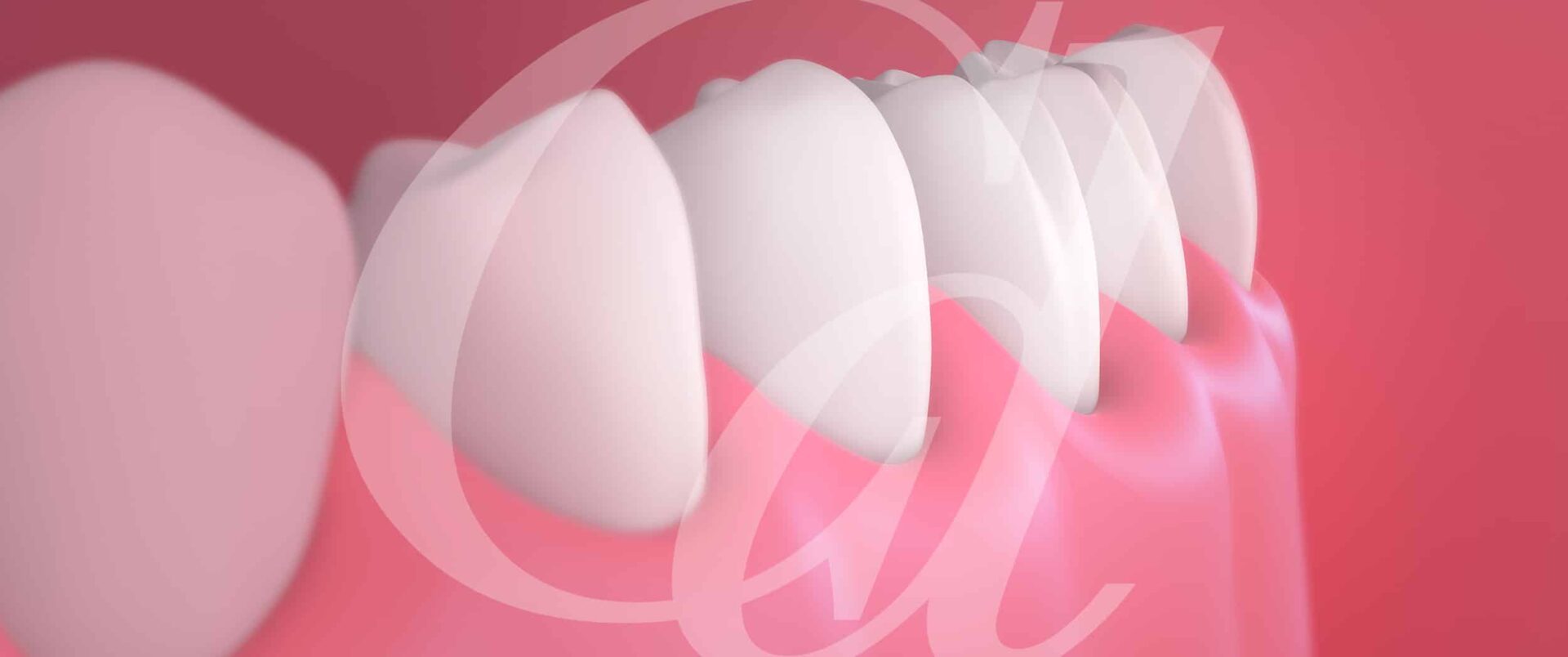Wisdom Teeth Removal Vancouver WA
Comprehensive Wisdom Teeth Removal in Vancouver, WA – Cascade Dental

At Cascade Dental, we understand wisdom teeth removal can feel intimidating. But it’s a common, safe procedure—and often an essential step toward protecting your oral health. Wisdom teeth are the last set of molars to emerge, and when they don’t grow properly, they can cause pain, infection, or damage to neighboring teeth.
Our team in Vancouver, WA, specializes in gentle wisdom teeth extraction. Using advanced techniques and compassionate care, we make the process as smooth and comfortable as possible. Whether you need your wisdom teeth removed to solve a problem or as a preventive measure, we’re here to help you achieve a healthier smile.
Why You May Need Wisdom Teeth Removal
Not everyone needs their wisdom teeth removed, but removal may be recommended if you experience:
- Impacted Teeth – Wisdom teeth trapped under gums or bone can cause pain, swelling, and infection.
- Crowding or Misalignment – Angled wisdom teeth may push against other teeth, affecting your bite and alignment.
- Decay or Gum Disease – Hard-to-clean wisdom teeth are more prone to cavities and infection.
- Infection or Cysts – Impacted teeth can lead to cysts or other complications that damage bone or nearby teeth.
Removing wisdom teeth early can prevent serious issues, saving you from more complex treatments later.
The Wisdom Teeth Removal Process
Wisdom teeth extraction is straightforward and typically takes less than an hour. Here’s what to expect:
1. Consultation
We start with X-rays to check the position and root structure of your wisdom teeth. Based on your exam, we create a treatment plan and review sedation options to keep you comfortable.
2. Sedation and Numbing
On the day of your procedure, we use local anesthesia, oral sedation, or general anesthesia, depending on your needs.
3. Extraction
Your dentist makes a small incision to access the tooth. In some cases, the tooth is divided into smaller pieces for easier removal. Most extractions take 30–60 minutes.
4. Closing and Healing
Once the teeth are removed, we close the site with dissolvable stitches. You’ll leave with detailed aftercare instructions to support healing.
What to Expect After Wisdom Teeth Removal
It’s normal to feel mild discomfort, swelling, or bleeding after surgery. Here’s what you can expect:
- Pain and Swelling: Manageable with medication and ice packs.
- Bleeding: Light bleeding may occur for the first 24 hours.
- Bruising: Some patients experience cheek or jaw bruising, which fades in a few days.
We provide step-by-step aftercare guidance so your recovery goes smoothly.
Do’s and Don’ts for a Smooth Recovery
Follow these simple guidelines for faster healing:
Do’s
- Take prescribed medications as directed.
- Apply ice packs to reduce swelling.
- Eat soft foods like mashed potatoes, soup, or yogurt.
- Keep your head elevated while resting.
- Rinse gently with saltwater after 24 hours.
Don’ts
- Don’t smoke or use straws—both can dislodge the healing clot.
- Avoid hard or crunchy foods.
- Skip strenuous exercise for 24–48 hours.

Risks of Keeping Wisdom Teeth
Some patients keep their wisdom teeth without problems. But leaving them untreated can increase your risk of:
- Infection that spreads to nearby teeth or bone
- Cysts or tumors that damage the jaw or nerves
- Tooth decay and gum disease due to difficulty cleaning
- Chronic pain and pressure as teeth crowd together
For many, removal is the safest way to protect long-term oral health.
Wisdom Teeth Recovery Timeline
Healing times vary, but most patients recover within a week:
- Days 1–3: Expect swelling, mild discomfort, and some bleeding.
- Days 4–7: Pain and swelling decrease; continue with soft foods and aftercare.
- Two Weeks: Gums heal, and you should feel back to normal. Avoid hard or chewy foods until fully healed.
We may schedule a follow-up to ensure your healing is on track.
Ready for Wisdom Teeth Removal?
If your wisdom teeth are causing pain—or if your dentist recommends removal—Cascade Dental is here to help. Our experienced team provides gentle, effective care using modern techniques for a smooth recovery.
Call us at (360) 892-2994 or schedule your consultation online. Take the first step toward a healthier, pain-free smile today.

